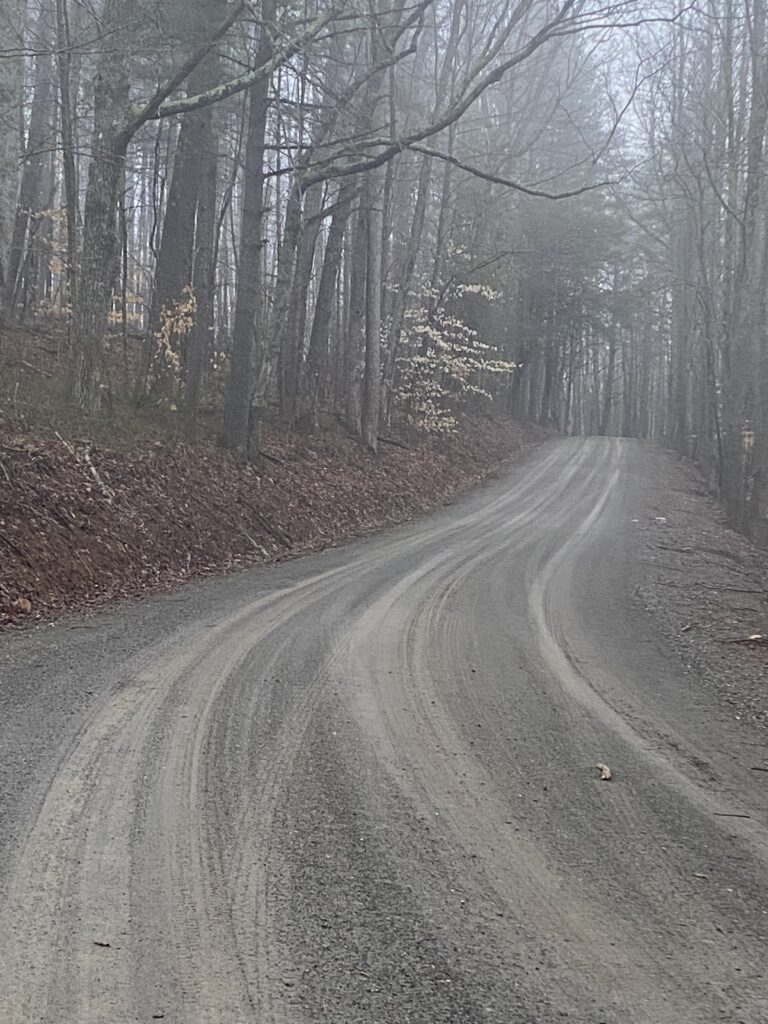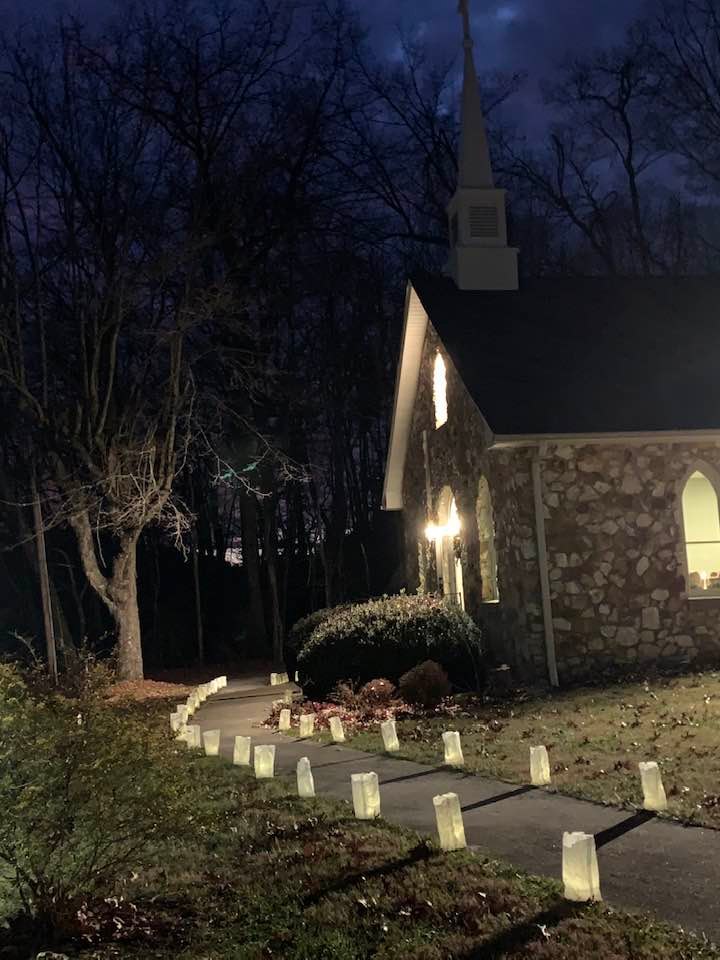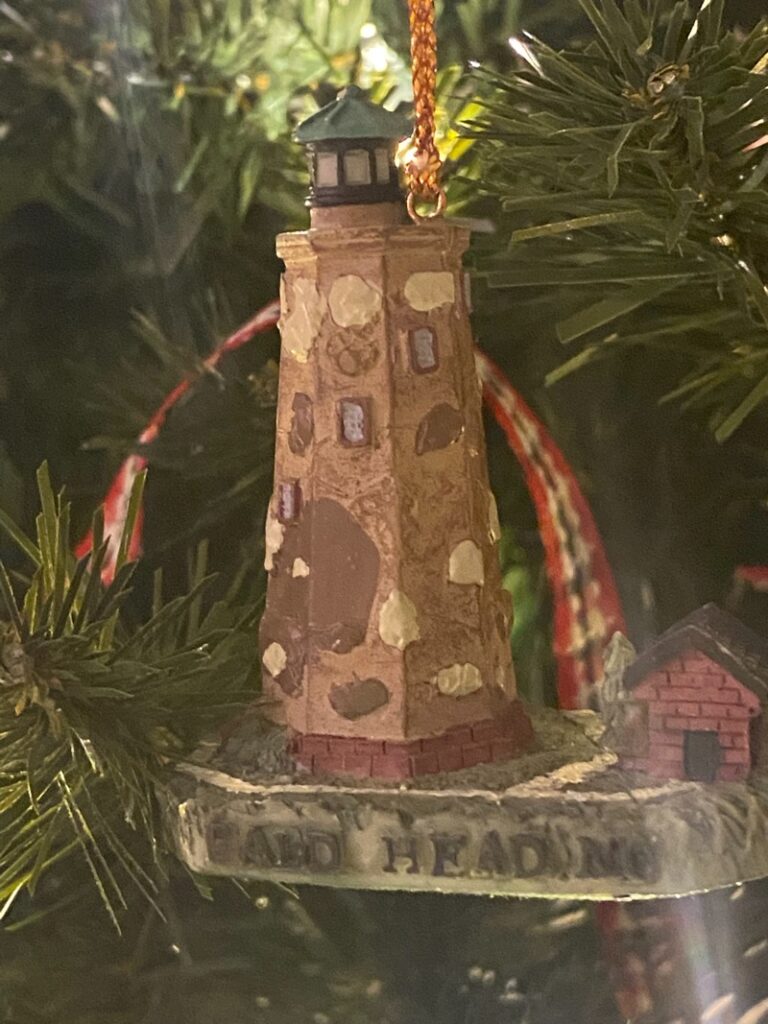Jeff Garrison
Bluemont and Mayberry Churches
Luke 8:40-56
July 17, 2022
At the beginning of worship
The most important part of having a relationship with Jesus is the potential to restore life.
- Jesus provides us a reason to live.
- Jesus wants us to live abundantly.
- Jesus wants us to follow his lead and show compassion.
Restoring life isn’t just about eternal life, but a renewed life in the present, lived out within the church. This morning we’re looking at two stories where Jesus restores life. In one, he brings a child back from the dead. But the other is just as important. He restores life to an outcast.
Of course, both will later die. That is part of the human experience. But imagine what these two did with their renewed life in the time they had left. Or think of the excitement of the parents of the little girl who died and the joy of the woman’s husband and family who had mom back.
Jesus calls us to live knowing we are loved and cared for and watched over by God. We’re also to live this life within a church community who also watches over us. What does this mean for your life?
Before reading the Scriptures
Last week we saw Jesus and the disciples on the West Bank of Galilee, where he dealt with the unclean. He was in a Gentile area, so the people themselves were seen as unclean. He healed a man who was seen as crazy and filled with demons, one who would have been shunned by Jews just as he was shunned by Gentiles. And he was in an area where they raised hogs, in large numbers, an animal according to Jewish law was unclean.
Today, we see what happens when Jesus comes back to the East Bank. They must not have had bad weather on the return trip, or if they did, we’re not told. Now that he’s back in Jewish territory, do you think his run in with those unclean ends? Not a chance. Let’s see.
Read Luke 8:40-56
Opening day 2007
Opening day of the college football season, 2007, featured the Appalachian State Mountaineers against one of the dominate teams throughout the history of college football, the Michigan Wolverines. Michigan was rated five in the national polls among the top colleges. Appalachian wasn’t even in the same division.
At the time, I was in Hastings, Michigan. A few months before the game, my Uncle Larry called. I’ve always thought of Larry as an older brother. He’s a lot closer to my age than my dad’s, his brother. As a graduate of Appalachian State, Larry wanted to see this historic game. He was able to get tickets and planned to fly up, if I could provide a place for him to crash and drive him the 2 hours across the state to the Big House in Ann Arbor.
Larry’s visit
He and his daughter, McKenzie, who was a couple of years older than Caroline, came up a day early. We toured some around West Michigan, but we made sure we got to bed early Friday night so we could get an early start on Saturday morning. Larry and McKenzie along with Caroline and I, got up early and after breakfast headed out across the state on Interstate 94.
I could tell Larry was nervous. He kept returning to his hope that the game wouldn’t be a blow out. After all, Michigan was in a completely different division. They might have well been playing against an NFL team. In a sense Appalachian was offered as sacrificial meat to one the top programs in college football for their opening day triumph.
We arrived in Ann Arbor a little after 9 AM, for a game that didn’t start till 1. It was good to be early. Once we got off the exit, it took another hour of bumper-to-bumper traffic to park. It takes time to get 107,000 people into the stadium. After parking, we enjoyed the pregame, going to a tailgate party for Appalachian State alumni. A little after noon, we moved toward the Big House and found our seats.
The Game
The game began. But it didn’t begin as expected as both teams quickly put points on the board. The Mountaineers dominated the second quarter, racking up 21 points and leading at half by 14. In the second half, Michigan slowly crawled back. With four seconds left in the game, they had the ball. They were on the Mountaineers ten- or twenty-yard line. They were down by just two points. All they needed was a field goal, a simple chip shot, and it would be over.
The Mountaineers blocked the kick. The game was over.
Driving back across Michigan, my uncle floated somewhere above the vehicle. He couldn’t believe it. Was Larry a spectator without faith?
Of course, football is just a game.
Do we have faith or are we just a spectator?
When it comes to Jesus, let me ask this question. Do we have faith? Or are we just spectators? Think of our story this morning. We have two examples of faith: a concerned father and a sick woman. Both experienced an incredible miracle, while most people present in the crowd are just spectators.[1]
Our story picks up where we left off last week. Jesus and the disciples had just sailed back across Lake Galilee. A crowd waits for Jesus on the east bank. Jesus’ popularity has risen, everyone wants to see him. But how many of these fans of his really know what’s up about him? They’ve probably not yet heard the news of the demons and the pigs or the calming of the sea. And what’s happening next will blow their minds.
Jesus is God
In the previous weeks, we’ve seen Jesus as God: forgiving sins, controlling the weather, and freeing someone from evil. Now, Jesus not only heals; he restores life.
As Jesus comes ashore, he’s met by Jairus, leader of a synagogue, a man of standing within the Jewish community. Jairus is desperate for his daughter is dying. He pleads for Jesus come to come and heal his daughter. Jesus agrees and they head off. They must push through the crowd to make their way forward. Everyone wants to see Jesus, and most probably have no idea that he’s on a life-saving mission. After all, in the first century, there were no ambulances and sirens and flashing lights to clear a path.
Interlude
Then, Luke takes the story another direction. As a literary device, it’s a clever interruption. There is a girl in need, but Jesus must first attend to something else. This helps built tension in our minds. We’re all with Jesus and Jairus and ready to run to his house. But Jesus pauses.
Someone has touched his garments. Jesus wants to know who. Peter realizes the impossibility of such a question. Many people are pressing in on Jesus. Everyone is touching him. You can’t help it. Think about being on a Japanese subway if you ever experienced such travel at rush hour. If not, you’ve probably seen pictures of those stationed on the platform to push passengers into the railcars so the door can close. Everyone has been touching Jesus and now he wants to know who. He acknowledges that power had left him.
Female issues
We’re told a woman, who wasn’t trying to hold up Jesus and in his important mission, had sought to touch him so that she might be healed. And that’s what happened. After twelve years, she’s well. She was suffering from what my mother used to call “female issues.” If a woman from church was in the hospital and we asked why and mom said, “female issues,” we knew not to ask any more questions.[2]
The problem for her is that such bleeding has gone on a dozen years. This also meant she was unclean. The Old Testament laws said so.[3] She wasn’t even supposed to be in the crowd. But now we learn that she has been made well. And when she identifies herself, Jesus pronounces such when he tenderly calls her “daughter,” and tells her it was her faith that made her well. It was her faith that led her to seek out Jesus. Healed and now able to be accepted back into society, Jesus sends her on her way in peace.
Now back to Jairus’ daughte
Way to go, Jesus. That’s a nice interlude. Good ministry. However, while dealing with the woman, Jairus’ daughter dies. Messengers arrive and inform Jairus it’s too late, not to bother Jesus anymore. From our experience, death is final. People don’t just pop up from the casket and ask if they can be first in line for the ham and funeral potatoes with a serving of Jell-O salad and a slice of Aunt Delilah’s coconut cake.
A corpse is unclean
Jesus, however, assures Jairus that if he trusts in God and doesn’t sink into despair, everything will be alright.[4] So, they continue to the house, where their lies and corpse that had been a 12-year-old girl. Like the bleeding woman, a corpse is also considered unclean.[5] But this doesn’t bother Jesus, who takes three of his closest disciples and goes into the room where the girl lays dead. He sends out the mourners. After all, they think he’s nuts. Then he addresses the girl. We’re told her spirit returned.
Now back to Jairus’ daughter
God gives us life. Every breath we take is from God. The girl, like Adam in the garden, comes to life once the spirit, the breath from God, enters her.[6] God gives life.
Realizing she’s been through trauma, Jesus has food brought to her and then, surprisingly, tells her parents not to tell anyone what happened.
Role of Faith
Jesus acknowledges that the woman’s faith has made her well. For it was her faith that caused her to seek out Jesus, the great healer. He also told the father to have faith, and everything would work out. However, Jesus’ role is undoubtedly necessary here, for it wasn’t faith alone that generated these events. As one commentator noted, faith doesn’t generate these events, but healing does proceed from faith.[7]
Perhaps we could best look at it this way. We’re to have faith, not in that healing will occur, but faith that we are loved and cared for by the Almighty in an intimate way, as shown by Jesus in today’s story. And Jesus’ example of caring for us, is to be our model, as we strive to care for a world that is often dead. We’re called to have faith because we know God is at work despite the evidence to the contrary.
We’re not to be spectators
We’re not called to be a spectator. Life is not a football game. We’re called to participate with Jesus in this world, by showing the concern he showed with others. Let us love as Jesus loved. Amen.
[1]Fred Craddock, Luke: Interpretation, a Biblical Commentary for Teaching and Preaching (Louisville, KY: John Knox Press, 1990), 120.
[2] I was reminded of this reading Scott Hoezee’s commentary on the parallel to this passage in Mark 5:29-43. See https://cepreaching.org/commentary/2021-06-21/mark-521-43-3/
[3] Leviticus 15:19, 25.
[4] James Edwards, The Gospel of Luke (Grand Rapids, MI: Eerdmans, 2015), 257.
[5] Leviticus 22:4, Numbers 5:2.
[6] Genesis 2:7.
[7] Craddock, 120.









